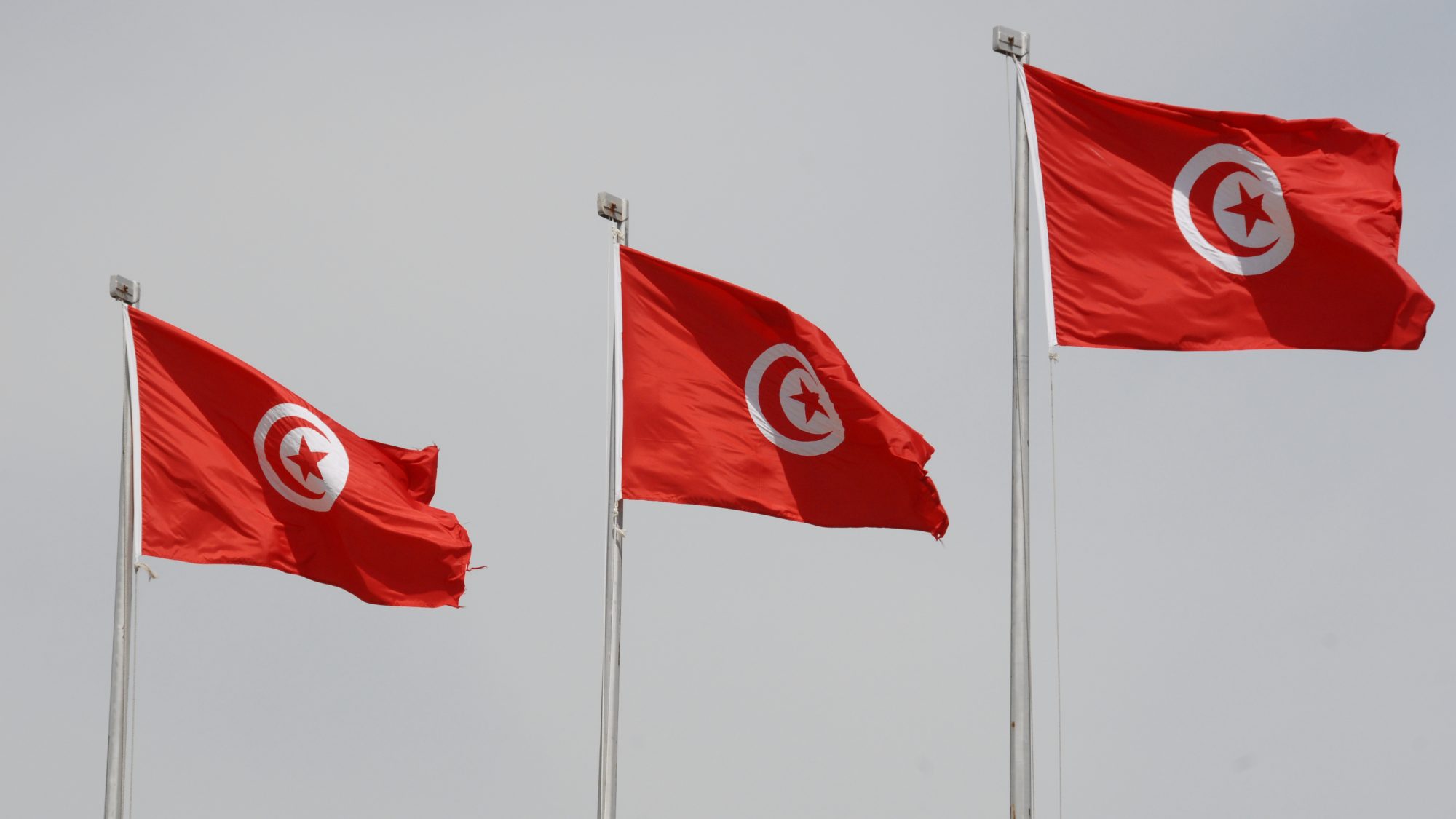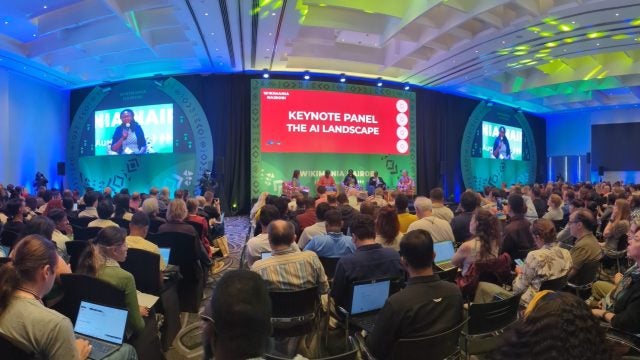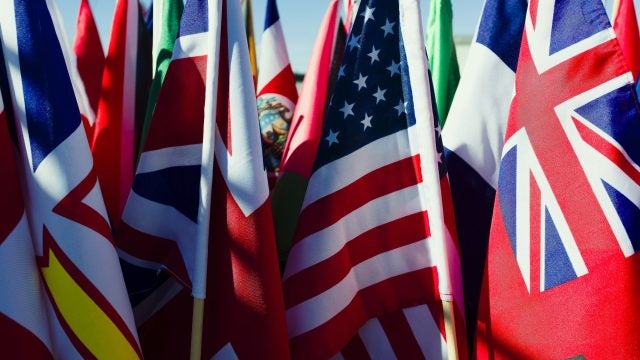
Title: With Tunisia’s Democracy Slipping, the EU Must Act
The latest disappearances of senior opposition figures belie the Tunisian government’s claims that it is working to solve the current constitutional crisis. The European Union (EU) should leverage its unique relationship with Tunisia to support democracy in the country.
On July 25, 2021, Tunisian President Kais Saied suspended parliament and began ruling by decree, effectively derailing the only democracy that emerged from the Arab Spring in 2011. Large parts of the population initially supported Saied’s decision, as he promised to tackle economic issues such as rampant unemployment, which stood at 22 percent in the formal sector and around 50 percent in the informal sector.
In the months that followed, however, Saied failed to address the country’s economic plight and instead consolidated his power by suspending the constitution in September, leading more Tunisians to grow skeptical of his leadership. Amid mounting criticism, Saied promised that Tunisians would be consulted on proposed constitutional amendments and could vote on a new constitution in July 2022. However, signs of further democratic backsliding are prevalent. The proposed consultations have been decried as lacking transparency; in December 2021, security personnel arbitrarily detained senior opposition figures, including former Justice Minister Noureddine Bhiri, for criticizing the president.
As Tunisia’s most important trade partner—averaging 50 percent of imports and 70 percent of exports—the EU is uniquely positioned to exert pressure on the Tunisian government and convince Saied to reinstate democratic institutions. While the EU’s current response to Tunisia’s democratic backsliding has grown, its criticism appears fragmented and is not backed by policy.
Faltering Democracy Promotion Since 2011
To support Tunisia’s democratic transition after the Arab Spring, the EU designated the Maghreb country as a “privileged partner.” Between 2011 and 2021, the European Union contributed €10 billion in official development assistance, becoming Tunisia’s largest development aid donor. The bloc’s macro-financial assistance (MFA) was instrumental in managing the economic difficulties from Tunisia’s political transition. Unfortunately, increased migratory pressures and a series of terrorist attacks in 2015 shifted the EU’s focus away from democracy promotion to trade issues, border protection, and security sector capacity building. The events of 2021 highlight that this shift was a mistake. Democracy promotion remains critical for EU-Tunisian relations, as a further unraveling of Tunisia’s political fabric could destabilize the country.
Now lacking representation in parliament, citizens’ protests have grown volatile, recently leading to the burning of a police station and the death of a protester. Tunisia’s military is professional, but mostly trained in border control and counterterrorism, and has been criticized previously for undue use of force against protesters. Whether the military can manage sustained domestic unrest is questionable. Continued instability may lead disillusioned Tunisians to join radical actors in the region, or choose to migrate to the EU; between 2020 and mid-2021, migration from Tunisia grew to levels unprecedented since the 2011 revolution. These possible outcomes make business as usual no longer a viable option for the EU.
Yet, even before the president’s power grab in July 2021, Tunisia’s consensus-based democracy was already facing significant challenges. Political parties were highly polarized and often gridlocked, and powerful unions prevented any meaningful cuts to a bloated public sector that has strangled the country’s economy. The mismanagement of previous administrations had also led to an unsustainable deficit and soaring inflation. As a result, trust in the political establishment had faltered to the degree that Saied—a politically inexperienced independent campaigning on a populist anti-corruption platform—carried an overwhelming 72 percent of the vote in his 2019 bid for president.
The Trappings of Aid Conditionality
Officially, international aid to Tunisia is already conditioned on public sector reforms. In practice, however, this has rarely been enforced. As a result, Tunisian politicians have shown little enthusiasm for ongoing reform efforts. Part of why the EU has opted not to enact harsher conditionality may be a concern that greater pressure would make the Tunisian government prioritize funding from Saudi Arabia or UAE, who would likely condition their support on further curtailments of religious or civil liberties. Yet, as argued by the Brookings Institution’s Sharan Grewal, such concerns are flawed. Given the scale of Tunisia’s economic plight, it would likely continue relying on EU aid, regardless of Gulf finances.
The EU has multiple instruments it could leverage to either sanction democratic backsliding or reward improvements. For example, the bloc has already approved a €600 million MFA package intended to mitigate the consequences of COVID-19 in Tunisia. While the European Commission disbursed an initial €300 million in July 2021, the MFA agreement provides that subsequent disbursements are conditioned on the observance of the rule of law, effective democratic mechanisms, and respect for human rights. It is unclear if this agreement is currently enforced. Alternatively, the EU could enact stronger conditionality through its Neighborhood Policy, which blends several funding instruments with joint platforms for dialogue with Tunisian representatives.
The EU should coordinate its policies with other big lenders like the IMF, which may require Saied to produce a roadmap that includes “broad political and social dialogue” with other parties and civil society organizations. Even before resorting to economic measures, the EU should reiterate its offer to assist in mediating such dialogues. This type of parallel assistance proved successful in 2013 when the EU both assisted the negotiation of Tunisia’s current constitution and conditioned its continued financial support on dialogue and elections.
When exercising economic pressure, Brussels must not forget to take precautions to protect vulnerable populations. It could start by first announcing cuts in financial support to public authorities, which already have a poor track record of absorbing and disbursing funds in a timely manner. This would affect Saied directly, exert the strongest influence on his support base, and create incentives to reduce the unsustainably large public sector. In the meantime, Brussels should continue channeling funds to civil society organizations, local councils, and private companies, and consider expanding assistance projects in traditionally marginalized areas. This course would also retain the option of offering rewards for cooperation, such as strengthening the Tunisian economy’s linkages to EU supply chains or developing multi-sector connectivity projects to address regional inequalities in the country.
To effectively counter Tunisia’s current democratic backsliding, the EU needs to unify its diplomatic message and credibly float economic sanctions on President Saied’s administration. Saied must present a credible roadmap for return to parliamentary rule, and ideally name new cabinet ministers soon to end his one-man rule. In coordinating its unique economic leverage with the IMF and exploring diplomatic options to make concessions seem like successes for Saied’s reform agenda, the EU can effectively support democratic forces in Tunisia.
. . .
Lukas Hertel is a Carlo Schmid Fellow at the World Bank. He previously finished his graduate studies in Global Governance and Diplomacy at Oxford University. His work experience includes placements at the UK Ministry of Defense, the US Department of State, and the Aspen Institute Germany.
Image Credit: Wikimedia Commons; US Army Africa; Creative Commons Attribution 2.0 Generic
Recommended Articles

This article compares U.S. and Chinese approaches to artificial intelligence (AI) exports in Africa and examines how these disparate approaches have produced both downstream benefits and challenges for the region.

On May 20, 2025, the World Health Assembly unanimously adopted the World Health Organization (WHO) Pandemic Agreement, an international treaty designed to strengthen pandemic prevention, preparedness, and…

As the Trump administration proposes a sweeping overhaul of the US foreign assistance architecture by dismantling USAID, the Millennium Challenge Corporation (MCC), and restructuring the State Department, there is an…